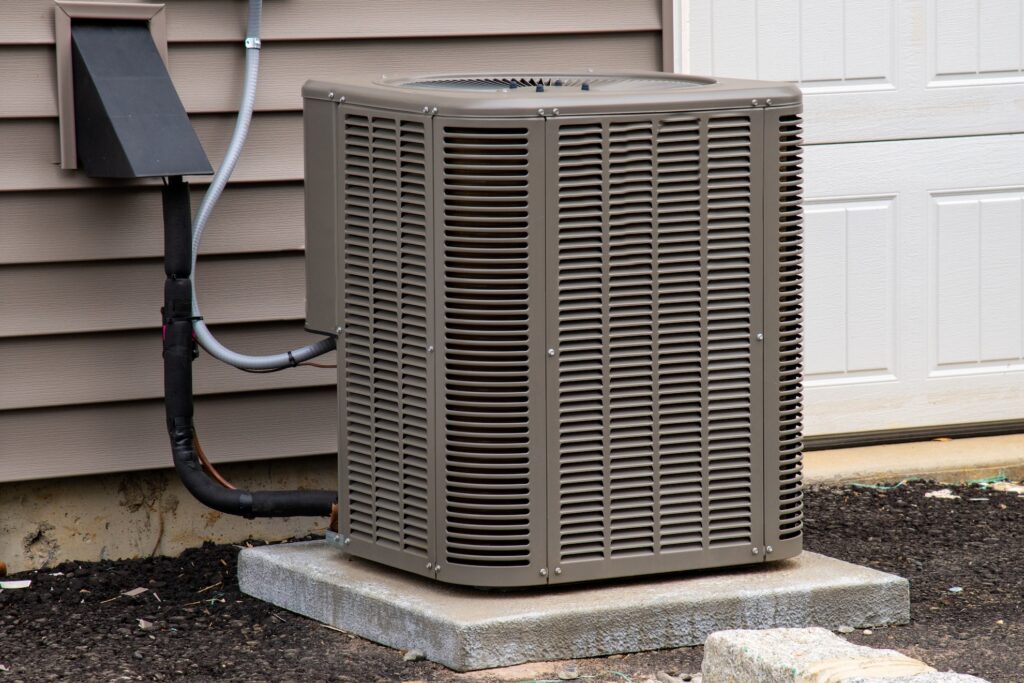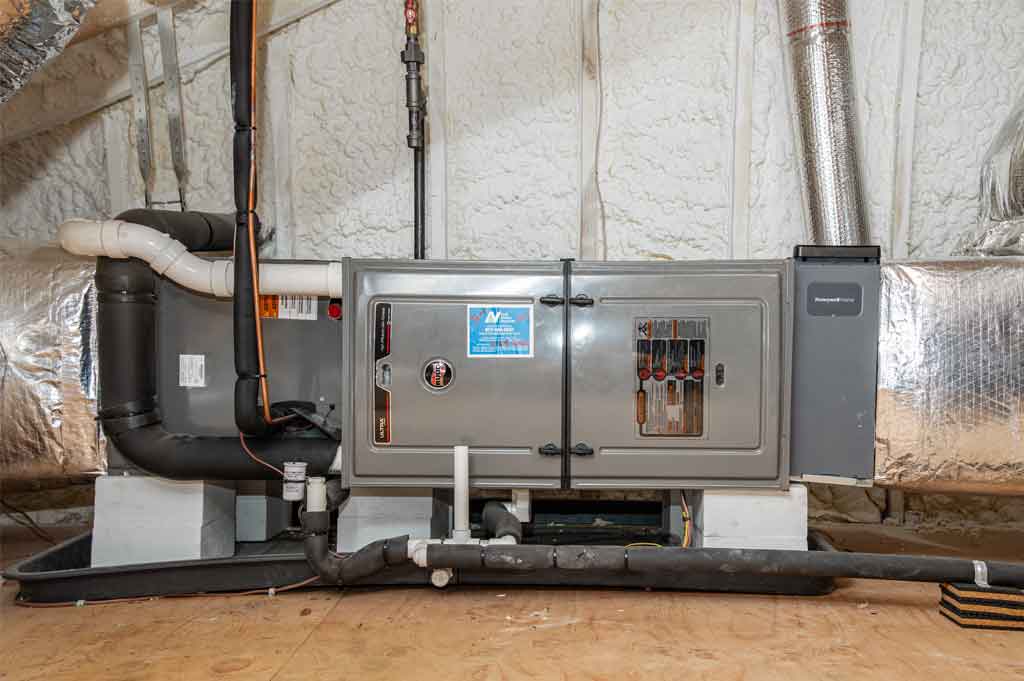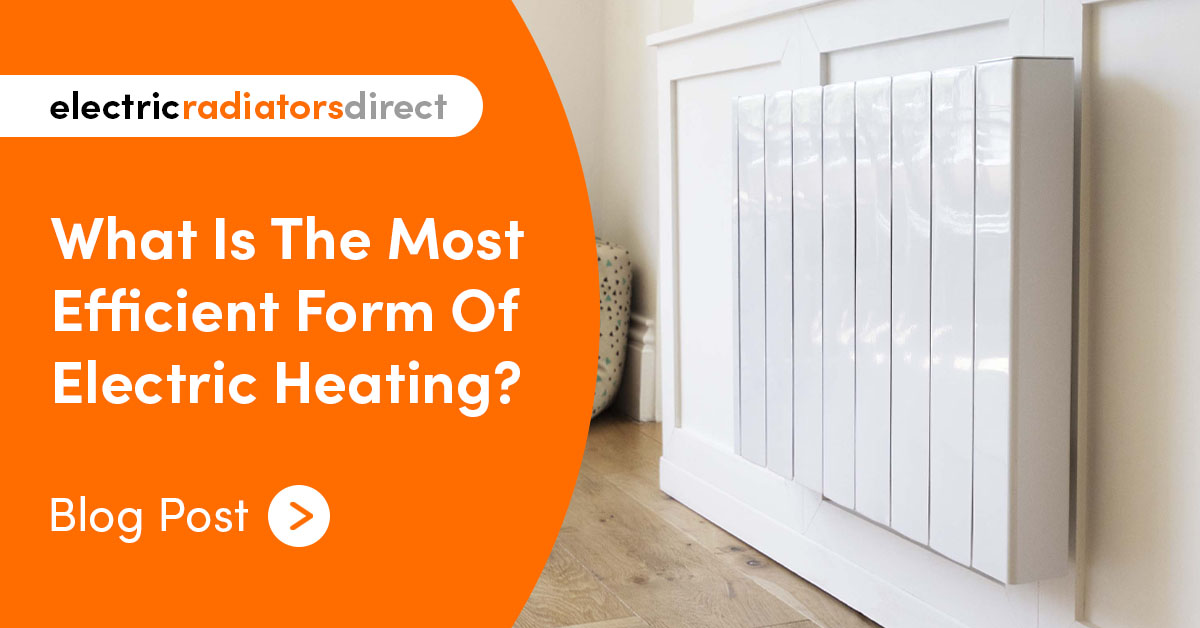
When winter's chill sets in, a reliable heating system becomes essential. Among the various options available, the electric furnace stands out for its simplicity, efficiency, and environmental friendliness. This guide will explore everything you need to know about electric furnaces, from their operation and benefits to installation and maintenance.
What is an Electric Furnace?
An electric furnace is a heating appliance that converts electrical energy into heat. Unlike gas furnaces, which burn natural gas or propane, electric furnaces use heating elements to warm the air. This heated air is then circulated throughout your home via a system of ducts and vents.
How Electric Furnaces Work
The core of an electric furnace is its heating element, a resistive wire that glows red when electricity passes through it. Here's a breakdown of the process:
- Electricity Flow: When the thermostat calls for heat, electricity is sent to the furnace.
- Heating Element Activation: The electricity flows through the heating elements, causing them to heat up.
- Air Circulation: A blower fan pulls in cool air from your home and forces it over the heated elements.
- Warm Air Distribution: The heated air is then pushed through the ductwork and into your rooms.
- Thermostat Regulation: Once the desired temperature is reached, the thermostat shuts off the furnace.

The Benefits of Electric Furnaces
Electric furnaces offer several advantages that make them a popular choice for many homeowners:
- Ease of Installation: Electric furnaces are generally easier to install than gas furnaces, as they don't require gas lines or venting.
- Higher Efficiency: Modern electric furnaces can achieve near 100% efficiency, meaning almost all the electricity used is converted into heat.
- Lower Initial Cost: Electric furnaces tend to have a lower upfront cost compared to gas furnaces.
- Cleaner Operation: Electric furnaces produce no combustion byproducts, making them environmentally friendly and safer for indoor air quality.
- Quiet Operation: Electric furnaces operate more quietly than gas furnaces.
- Reduced Maintenance: Fewer moving parts mean less maintenance is required.
Factors to Consider When Choosing an Electric Furnace
Selecting the right electric furnace for your home involves several important considerations:
Sizing and Capacity

The size of your furnace should match the size of your home. Too small a furnace will struggle to heat your space, while an oversized furnace can lead to short cycling and wasted energy. A professional HVAC technician can help you determine the appropriate size.
Energy Efficiency
Look for furnaces with a high Annual Fuel Utilization Efficiency (AFUE) rating. While AFUE is traditionally used for gas furnaces, it's essential to understand the efficiency of your electric furnace. Modern electric furnaces are very efficient. Also consider the SEER rating of your air conditioner if it is paired with the furnace.
Installation Costs
While electric furnaces have a lower initial cost, installation can still vary depending on the complexity of your ductwork and electrical setup. Get quotes from multiple contractors to ensure you're getting a fair price.
Maintenance Requirements
Electric furnaces require minimal maintenance, but regular inspections and filter changes are still important. Schedule annual checkups with a qualified HVAC technician.
Installation and Maintenance Tips
Professional Installation

For optimal performance and safety, it's crucial to have your electric furnace installed by a qualified HVAC professional. This ensures proper wiring, ductwork connections, and system setup.
Regular Filter Changes
Changing your furnace filter regularly is essential for maintaining airflow and indoor air quality. Check your filter every month and replace it as needed.
Annual Inspections
Schedule annual inspections with an HVAC technician to ensure your furnace is operating efficiently and safely. They will check for any potential issues and perform necessary maintenance.
Electrical Safety
Electric furnaces use high voltage, so it's crucial to ensure your electrical system is up to code and can handle the load. If you notice any electrical issues, contact a qualified electrician immediately.
Conclusion
An electric furnace offers a reliable, efficient, and environmentally friendly heating solution for your home. By understanding how they work, considering the factors involved in choosing the right model, and following proper installation and maintenance practices, you can enjoy a warm and comfortable home all winter long. Choosing the correct size, and a highly efficient model will save money in the long run. Remember to always use a certified professional to install and maintain your furnace.
No comments:
Post a Comment
Note: Only a member of this blog may post a comment.